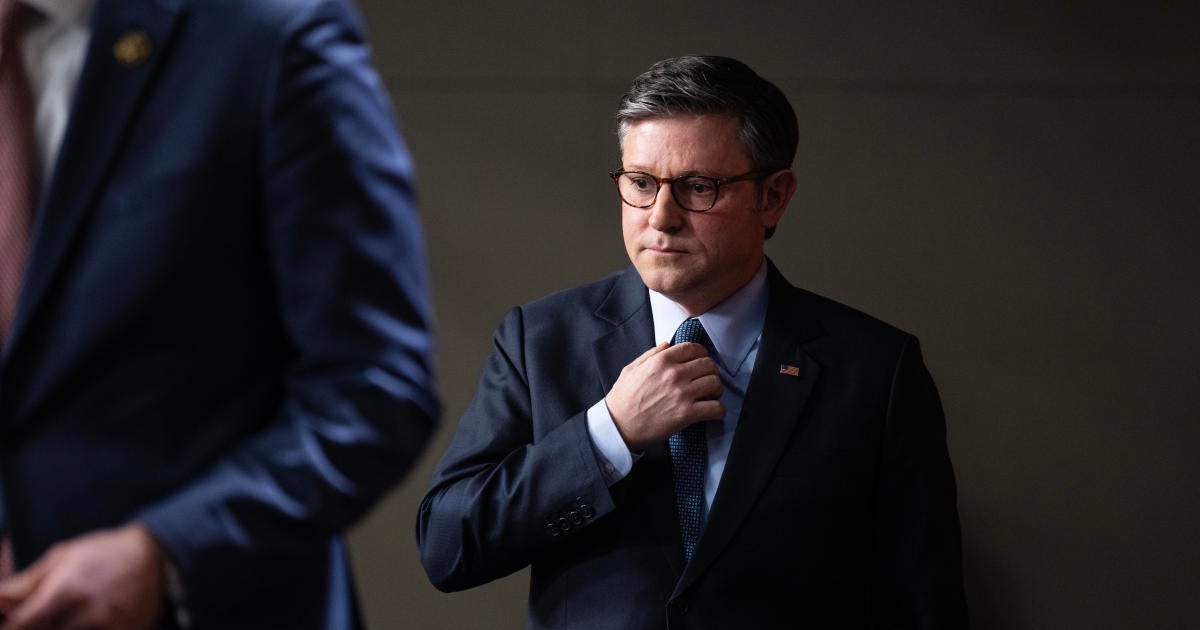House Republicans are making strides to avoid a government shutdown before the looming deadline on Friday. Rep. Stephanie Bice, a Republican from Oklahoma, announced on Thursday that a deal had been reached on funding the government. The details of the agreement were not immediately disclosed, but it was confirmed that a resolution had been reached.
The House encountered turmoil on Wednesday when a GOP revolt, instigated by President-elect Donald Trump and Elon Musk, derailed a last-minute funding proposal to keep the government operational until early next year. Following the collapse of the initial deal brokered by House Speaker Mike Johnson with Democrats, Republicans regrouped on Capitol Hill to devise a new path forward.
The revised plan proposed by House Republicans includes extending government funding for three months, suspending the debt limit until January 2027, and allocating $110 billion in disaster relief. Additionally, the proposal includes health care policy extensions and a one-year renewal of the farm bill. The response to this updated proposal from various stakeholders, including Trump, Democrats, senators, and President Biden, remains uncertain. Johnson will likely require substantial Democratic support to pass the funding extension, and Democrats have shown reluctance to succumb to pressure from Trump and Musk.
Trump urged Republicans to eliminate the additional spending and prioritize raising or abolishing the debt ceiling instead. The debt ceiling, which sets a cap on the government’s borrowing capacity to meet financial obligations, is currently suspended until early next year. Trump’s preference to compel President Biden to approve an increase in the debt ceiling was reiterated during a phone conversation with CBS News’ Robert Costa.
The ongoing debate over the debt ceiling and funding threatens Johnson’s speakership, with criticisms mounting against him from both within and outside his party. The upcoming speaker election in January, when the new Congress convenes, will see Johnson face scrutiny from Republicans and Trump, who has emphasized that his support hinges on Johnson’s decisive actions. The pressure on Johnson to navigate the funding crisis effectively and eliminate perceived traps set by Democrats in the spending package is intensifying.
The internal discord within the Republican Party is evident, with some members expressing discontent over the handling of negotiations and the collapse of the initial funding deal. Republicans like Rep. Eric Burlison from Missouri have labeled the situation as a “total dumpster fire.” Additionally, concerns regarding Johnson’s speakership have been raised, with Rep. Thomas Massie from Kentucky openly stating his refusal to support Johnson in the upcoming election.
The dynamics within the House Republican caucus are crucial, as a few dissenting members could potentially destabilize Johnson’s leadership. Given the slim majority in the House, any wavering support for Johnson could have significant implications for his speakership. The fallout from the funding debacle and the ensuing discord among Republicans underscore the challenges faced by Johnson in navigating the current political landscape.
As the funding deadline approaches, the fate of the government funding extension hangs in the balance, with key stakeholders at odds over the way forward. The intricate interplay between political factions, the demands of various stakeholders, and the looming specter of a government shutdown underscore the urgency of finding a viable solution to avert a potential crisis. The coming days will be critical in determining the outcome of the funding impasse and its implications for the functioning of the government.









